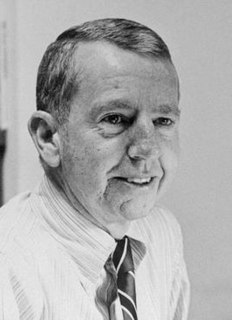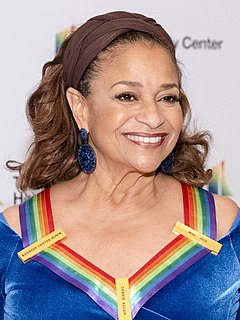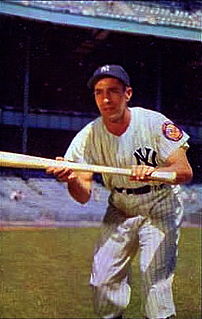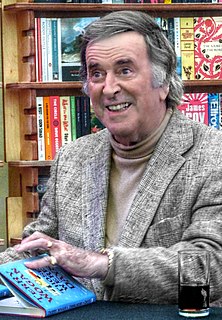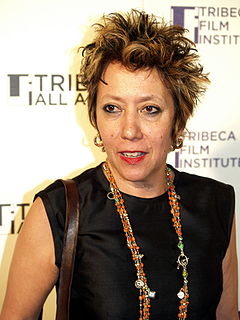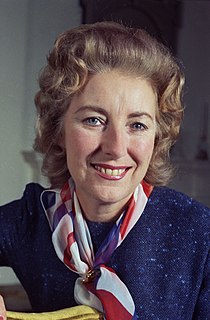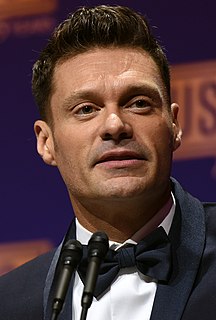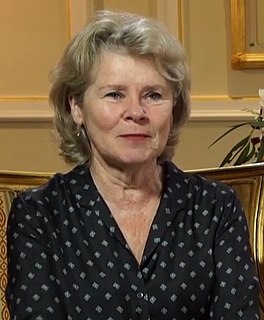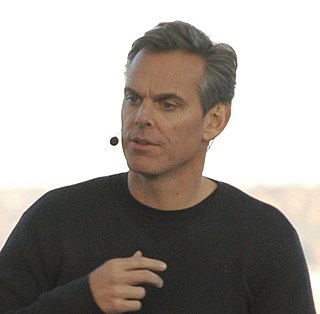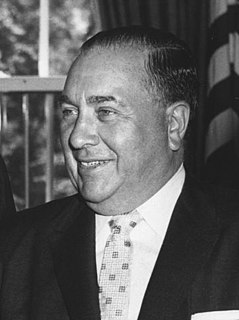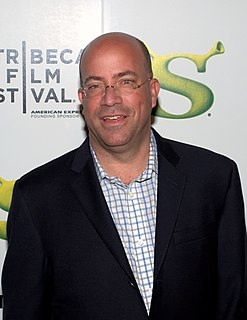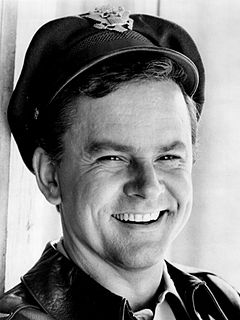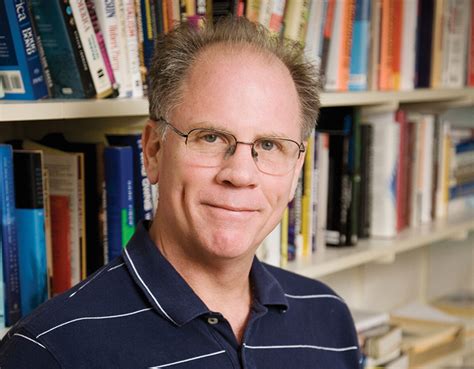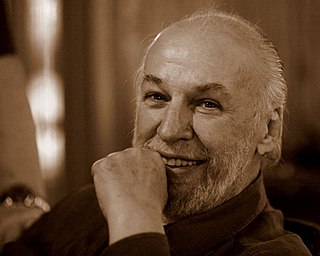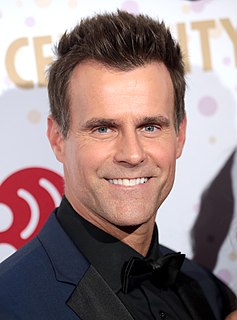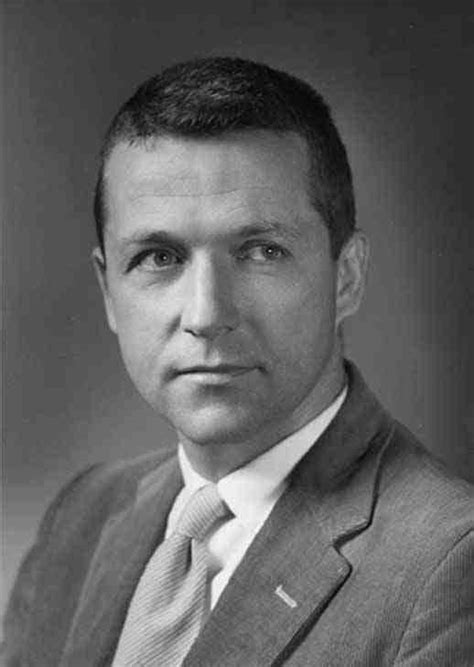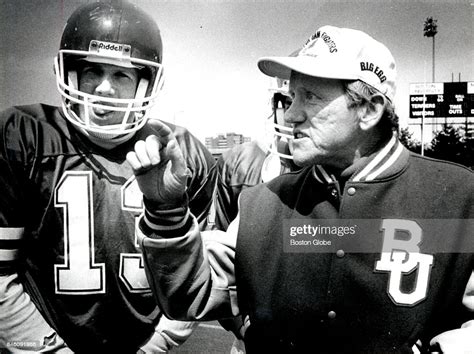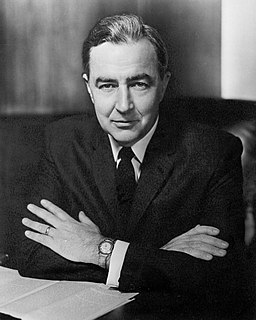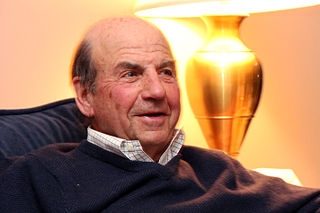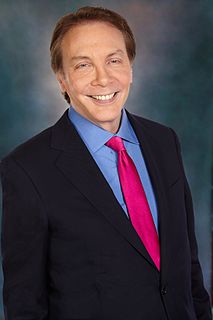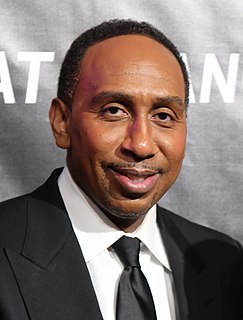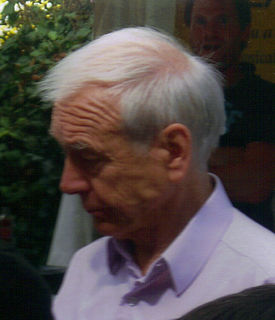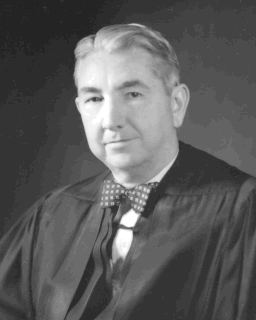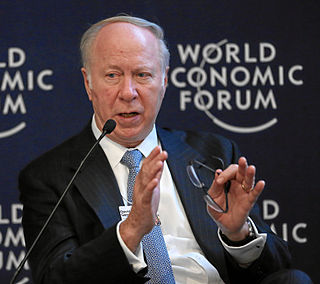Top 1200 Television And Radio Quotes & Sayings
Explore popular Television And Radio quotes.
Last updated on April 21, 2025.
There's no passive success on radio. Well, in radio, one of the ways in which you engage people and make them active listeners and have them glued so that they don't want to do anything else, you have to find ways to incorporate this mystery called the theater of the mind. And it's the one ingredient that radio has that television does not that if used properly, if perfected and learned and executed properly, it can have a much greater impact than TV because it can create a much more intimate, direct connection with the audience.
I did television for a very long time, but if you're on television, words don't count. What the eye sees beats the words. If you switch sides, from radio to television, you learn that the wordiness that you learn on the radio is useless or not nearly as powerful, and you have to learn to trust that the eye will just beat the ear.
I am sort of proud that I think radio has become a dominant influence in shaping public opinion. Good radio paints the picture for the audience. The audience has to be actively involved. Sometimes, in television, you can get lulled into sleep watching the picture, not listening to what you're hearing.
When my generation, those early days of television - I know I've been thinking about this lately - my two flashes of me as a little boy. One, I'm standing in front of the radio freaking out that Nat King Cole's singing 'Lady of Spain', just this stuff coming out of the radio, and Guy Williams singing 'Wild Horses' coming out of the radio.
Listen- my relationship with radio on a personal level is nothing but a one way love-a-thon... I love radio, I grew up on radio. That's where I heard Buddy Holly, that's where I heard Chuck Berry. I couldn't believe it the first time I heard one of my records on the radio, and I STILL love hearing anything I'm involved with on radio, and some of my best friends were from radio. But we were on different sides of that argument, there's no question about that.
When you start in the childhood period, when you begin to form a comic sense, it was the radio comedians - from the last days of radio and the first days of television. And Spike Jones. And the Marx Brothers. They represented anarchy. They took things that were nice and decent and proper, and they tore them to shreds. That attracted me.
In any case, the leading edge of our "on purpose" radio signals is 30 light-years away and, if intercepted, may mend the aliens' image of us based on the radio bubble of our television shows. But this will happen only if the aliens can somehow determine which type of signal comes closer to the truth of who we are, and what our cosmic identity deserves to be.
There is danger in the concentration of control in the television and radio networks, especially in the large television and radio stations; danger in the concentration of ownership in the press...and danger in the increasing concentration of selection by book publishers and reviewers and by the producers of radio and television programs.
When you think about advertising, it's understanding that whether it's newspaper, radio, or television, you have to know how to advertise, how to market, because ultimately, everything comes down to ratings and revenue or ratings and subscribers and revenue, whether it's newspapers or radio or television.
Television and radio are what I call sequential media; they're not simultaneous media. With simultaneous media, you can scan your eye down an electronic or print page and pick among six or seven stories you might like and want to read. With television and radio, you have to wait until the guy's finished talking about the balloon boy, which I don't have the slightest interest in, to find out that all hell's broken loose in Baghdad. Because they've chosen that day to start with the balloon boy.



